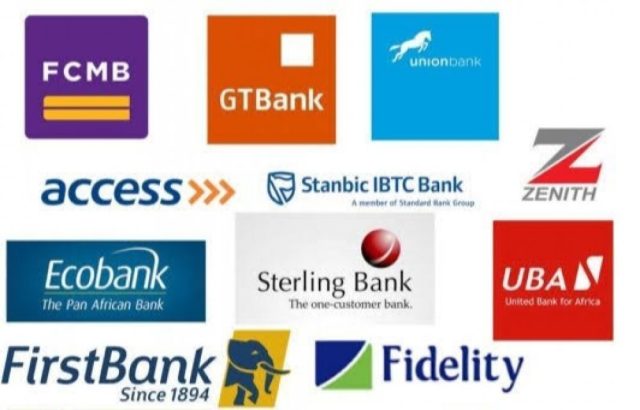The Nigerian banking sector experienced a period of significant transformation in 2024, navigating a challenging landscape marked by rising interest rates, economic uncertainty, and increased regulatory scrutiny.
The year began with a major announcement: the Central Bank of Nigeria (CBN) mandated a significant increase in capital requirements for banks. This directive, aimed at strengthening the sector and mitigating systemic risks, spurred a wave of capital raising activities across the industry. Leading banks, including Zenith Bank, Guaranty Trust Holding Company, Access Holdings, and United Bank for Africa, successfully raised substantial capital through rights issues and public offerings, exceeding N1.7 trillion in total.
However, the recapitalization process also presented challenges. The slow pace of the CBN’s share verification process raised concerns among market participants, potentially discouraging future capital raising efforts. This delay not only impacted the timing of capital injections but also created uncertainty for investors, potentially dampening enthusiasm for future equity offerings.
The CBN demonstrated a renewed focus on regulatory oversight throughout the year. The revocation of Heritage Bank’s license underscored the regulator’s commitment to maintaining a sound and stable financial system and its willingness to take decisive action against institutions that pose a threat to financial stability. This move sent a strong message to the industry regarding the importance of adhering to regulatory guidelines and maintaining sound corporate governance practices.
The banking sector also experienced significant profitability gains in 2024, driven primarily by the CBN’s aggressive monetary policy. The consistent increase in the Monetary Policy Rate (MPR) boosted interest income for banks, leading to a surge in profitability. However, these gains were partially offset by the government’s introduction of a windfall tax on bank profits from foreign exchange transactions, aimed at mitigating the impact of rising interest rates on the real sector.
Despite the positive financial performance, the Nigerian banking sector faces several challenges in 2025. The continued impact of rising interest rates on the real sector, the potential for economic slowdown, and the evolving regulatory landscape will require banks to remain agile and adaptable.
Furthermore, the recapitalization exercise may lead to increased industry consolidation, with potential mergers and acquisitions among smaller banks. While this could enhance the efficiency and stability of the banking system, it may also lead to job losses and increased market concentration.
Looking ahead, the Nigerian banking sector will need to navigate these challenges while embracing innovation and leveraging technology to enhance customer experience, improve operational efficiency, and drive financial inclusion. The focus will be on adapting to the changing needs of customers, leveraging digital technologies, and strengthening risk management frameworks to ensure continued growth and stability in the years to come.
Follow us on Instagram.
https://www.instagram.com/businessnewsng?igsh=ZXpweTdjOGF1ZXdu

























